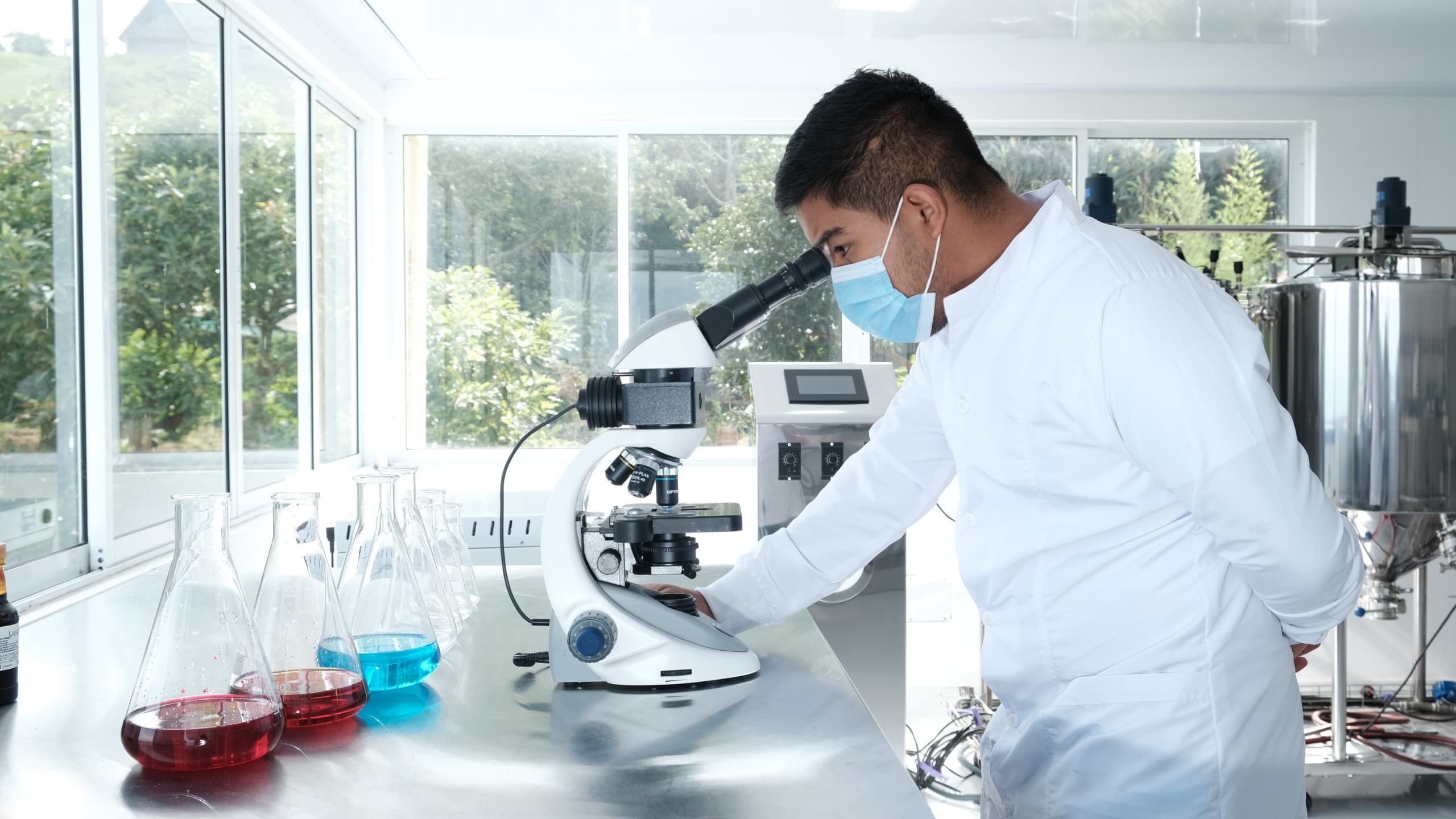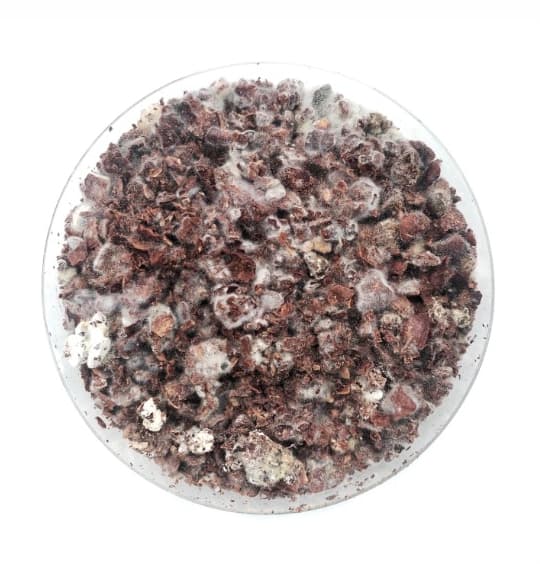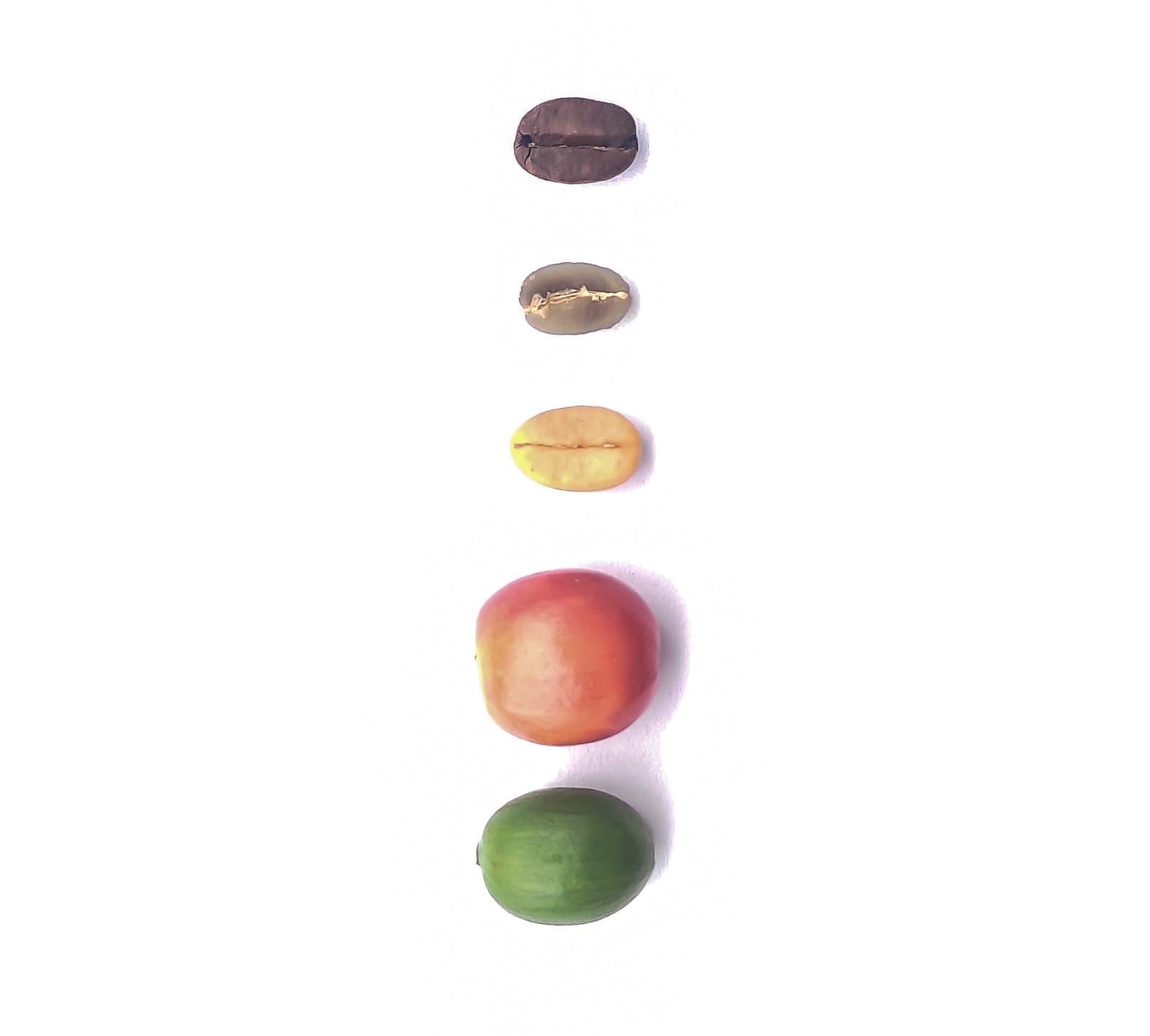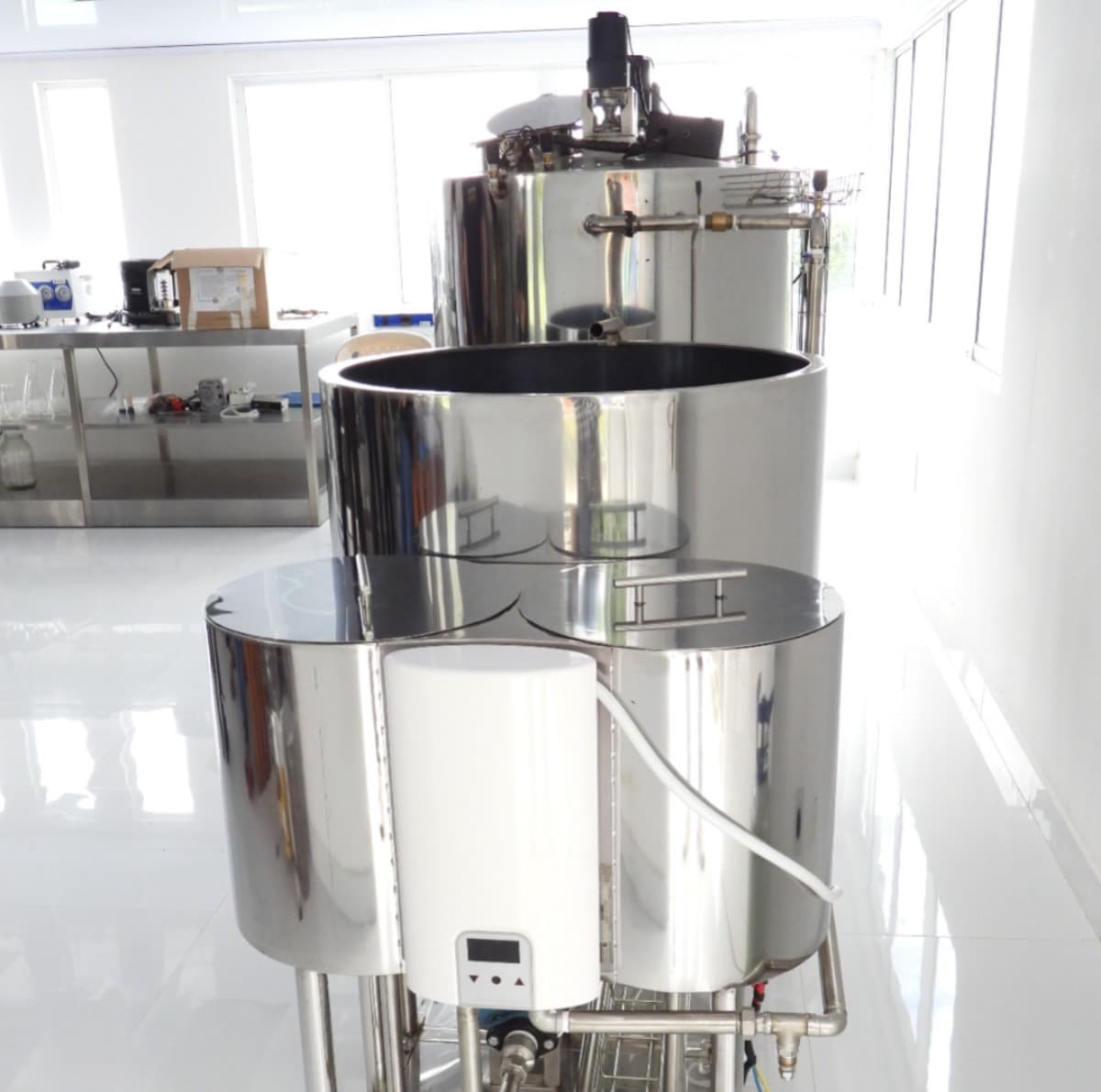
Microbiology Lab
The world of specialty coffee is experiencing a fermentative revolution. Finca el Paraíso is developing a series of innovative techniques inspired by scientific practices in food microbiology. These proposals, from a scientific perspective, reveal that far from being mere fads, they have a solid foundation, although they require technical rigor and control to guarantee quality, safety, and consistency.
Microbial Fermentation
The idea of using native yeasts present in coffee cherries is scientifically viable, and similar to what occurs in wine. Controlling these fermentations can enrich sensory complexity if the environment is properly managed: pH, pressure, temperature, and oxygen. The use of fermented must as a starter or inoculum for new fermentations, similar to backslopping in fermented dairy products, is a powerful technique. However, it requires constant monitoring to avoid the accumulation of toxic metabolites or the appearance of unwanted microorganisms. In this context, the must not only acts as a fermentation medium but also as a vehicle for sensory and biological expression.

Complementation of Varieties
The concept of fermenting one variety with the must of another – such as Caturra with Gesha must – is more than a curiosity: it is a sensory tool with great potential. The must contributes acids, aromas, and microorganisms that can transform the profile of the host variety. But this should not be confused with adding fruit without control; in this practice, most of the aroma is lost if volatile compounds are not protected by precise techniques. Fruity aromas do not mean flavor in the cup unless the chemical pathways are known and carefully manipulated.

Sustainability, Precision, and Accessibility
We link the quality of coffee with soil health. The use of fungi such as Trichoderma to improve soil biology and reduce agrochemicals is a sustainable strategy with scientific backing. Regarding precision fermentation, it is perfectly achievable without expensive technology. It is enough to understand the principles of the microbiology and biochemistry of the process and use simple tools: selected yeasts, pH, temperature, and time control. Thus, access to high-profile coffees is democratized, shifting process control from chance to intention.

